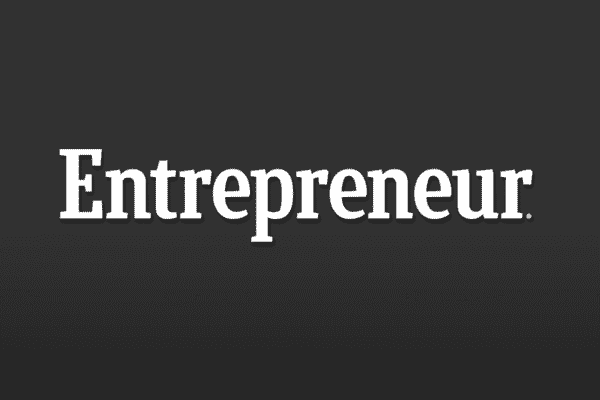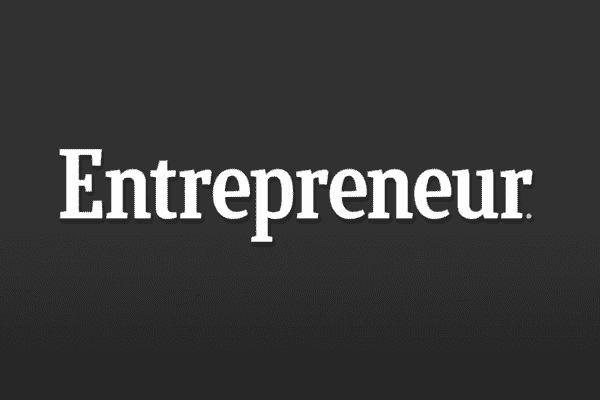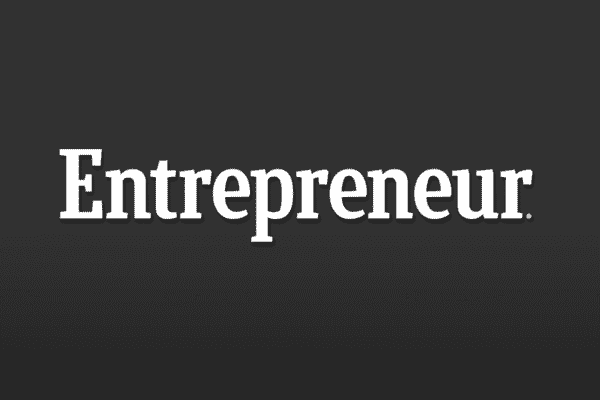
Millennials have been called the “me” generation, accused of being a little too focused on themselves. But is that really true?
As a former lawyer, business leader and now president of Bentley University for the past seven years, I can say that based on my personal experience, this stereotype couldn’t be further from the truth.
I’ve found many members of thisgeneration to not only havethe interest but also the capacity to change the world, in their caring about the bottom line of a company,theircommunity and the environment. I refer to this as “triple bottom-line thinking” -- a focus on people, the planet and profit.
1. people.
Many millennials grew upplaying team sports and doing volunteer work, withcivic and community engagement integrated into their lives. At the same time, through access to technology,many millennials have become globally aware, connected to real-world issues (like the 2008 presidential election and the Arab Spring)and clear about what they want for their lives, careers and the world they live in.
In the same way, when it comes to their jobs, many millennials aren’t content to just accept the status quo but crave a serious work-life balance.
My colleague Leslie Doolittle, assistant dean and director of academic support services at Bentley, has found that many millennials consider central to their lives the following priorities:family, friends and making a difference in their community.
So it’s no surprise to see that, according to apew Researchstudy earlier this year, 21 percent of the respondents18 to 29 years old said helping others in need is one of the most important things in their life. Alexandra Levit, a millennial expert, author and ambassador for Bentley’spreparedU project, says millennials want to be able to serve society in a way that resonates with them personally and in a manner that they find most effective.
2. planet.
Manymillennials are also searching for ways to make the planet a better place for future generations.
In astudyreleased in Novemberby Bentley University, 95 percent of the millennials surveyed said a company’s ethics are very important to them and22 percent of the respondents said theycared the most about a company’s policies toward the environment.
Some suggest that millennials'concern for the planet isn’t so unique, whenhippies and tree huggers of past generations are considered. Nonetheless,many companies have taken note and established environmentally friendly practices to appeal to employees in this generation, setting up internal recycling programs, volunteer hours for neighborhood cleanups and commitments to reducing greenhouse gas emissions.
3.profit.
Many millennials want to do well by doing good. According to Bentley'srecent survey, while the vast majority of millennials surveyed founda company’s ethics to be very important, 79 percent said they expected a salary increase every year and 77 percent said they value a pay raise over a promotion.
58003
But many millennials don’t see a conflict between doing what’s right and earning a good paycheck.
58003 And for some millennials, an ethical company not only takes care of its surrounding community and the planet but alsoemployees by providing adequate financial compensation and benefits.
As a result, many millennials are choosing to create their own opportunities and becomeentrepreneurs. Theysee starting their own businesses as a way to fulfill their commitment to the triple bottom line.
I’m extremely optimistic about millennials -- members of a generation that will make up 75 percent of the workforce by 2025. The world is changing amid huge technological and cultural shifts. I’m thrilled that millennials will soon be leading the way into that new world. Below view an infographic based on Bentley University's research.
点击放大
郑重声明:本文版权归原作者所有,转载文章仅为传播更多信息之目的,如作者信息标记有误,请第一时间联系我们修改或删除,多谢。



